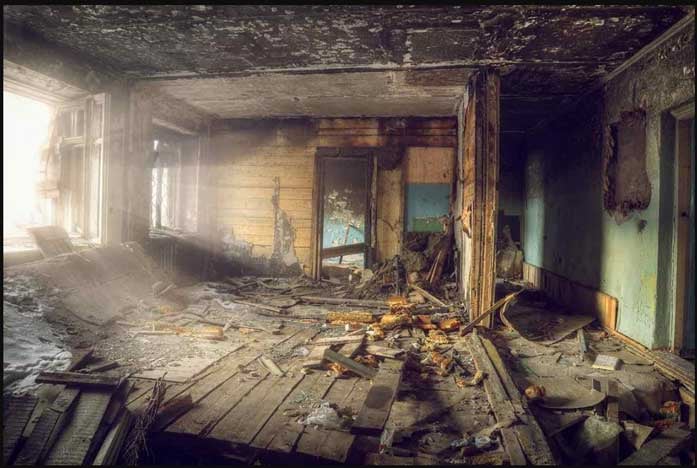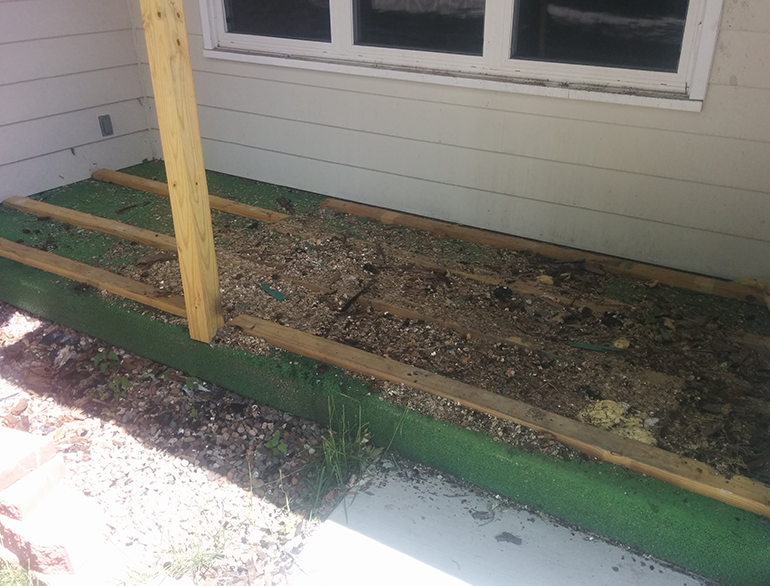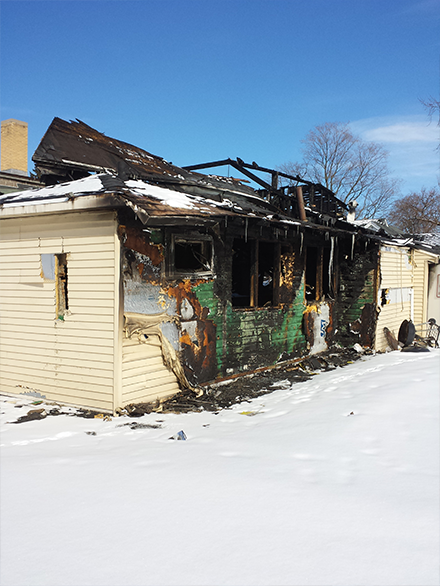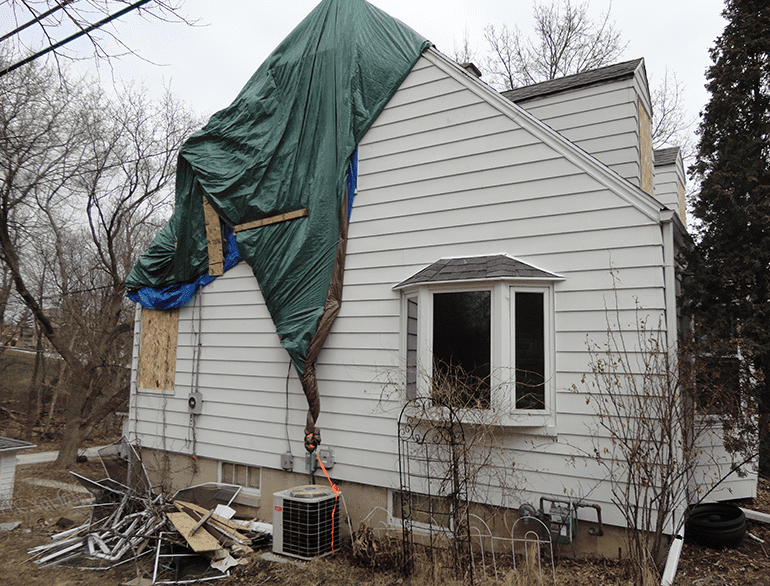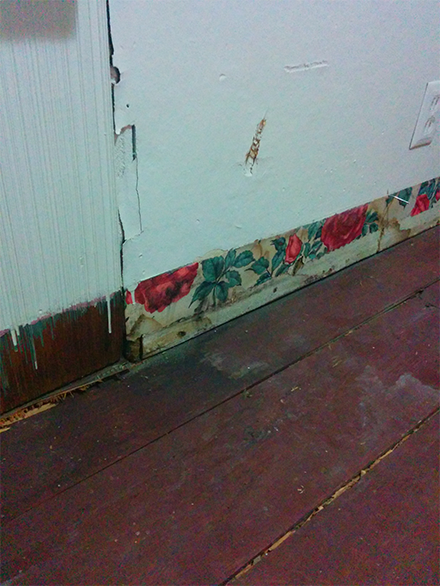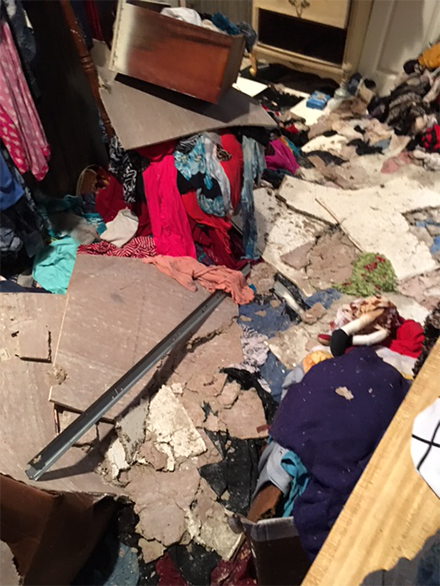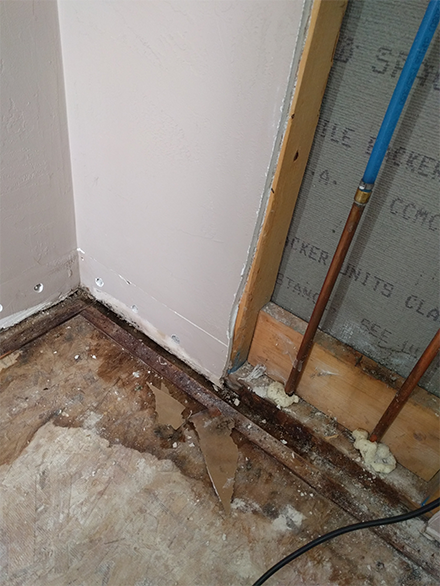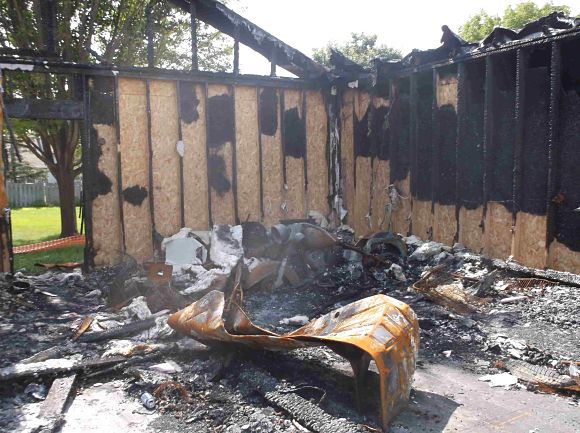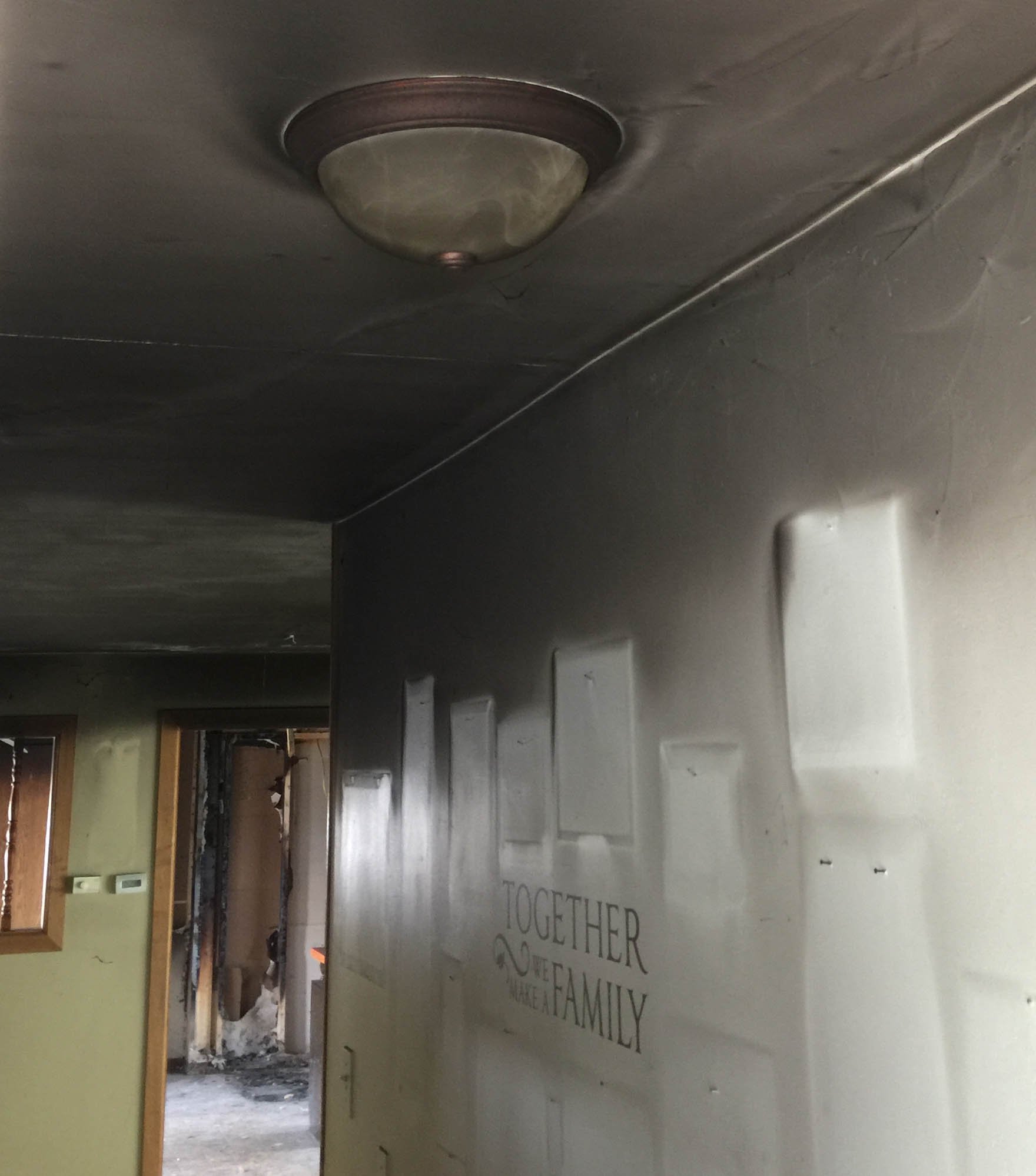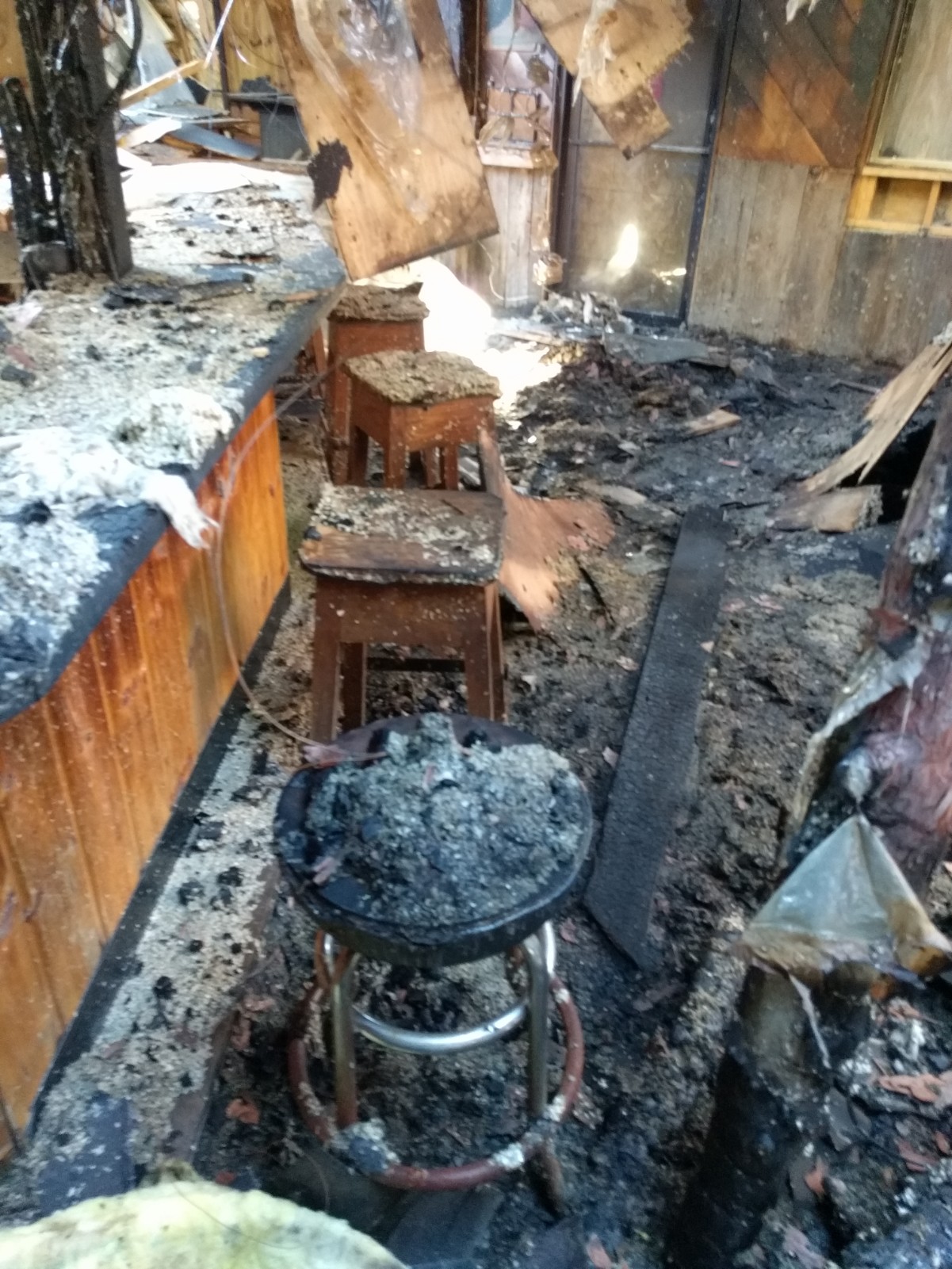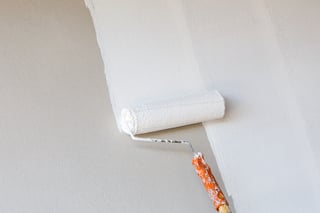
Personalizing your home into a comfortable, enjoyable space takes a lot of time and effort. When a fire or other insured peril causes damage, you want the repairs to restore your home back to its pre-loss condition. To accomplish this goal, you need uniform and consistent repairs with no mismatched colors or contrasting textures across repaired and undamaged surfaces.
The meticulous repairs your home deserves may require techniques such as painting an entire room instead of just the repaired areas, or replacing damaged and undamaged woodwork for a consistent look. If the insurance company won’t pay to help you achieve your repair goals, it's up to you to force the issue.
Review Your Policy
When you file a claim, your policy's Loss Settlement provisions outline whether your property will be covered for its Replacement Cost Value (RCV) or its Actual Cash Value (ACV).
- Most homeowners policies pay for building damages on a replacement cost basis.
- Some items, such as carpeting, are paid on an actual cash value basis. (replacement cost less depreciation)
No policy language specifically requires or prohibits uniform or consistent repairs. As with many claim disputes, your insurance adjuster's refusal to pay reasonable restoration costs may be based on a coverage opinion, or it could be a misinterpretation. Insurance claim representatives have some flexibility in settling claims, so you can bring the adjuster around to your way of thinking or, at least, re-open the negotiations to settle your claim more fully.
State Your Case in Writing
If you and your insurance company's adjuster have reached a stalemate, further conversation might make the situation worse. It's best to explain your position in writing and ask for a re-inspection to show why you are concerned. Most insurance companies and state insurance departments require an adjuster's timely response to written communication. Your letter or email may open the door to better cooperation.
Document Your Home's Pre-Loss Look
Collect photographs, videos, invoices, receipts, etc., that show the pre-loss condition of your home and property. This documentation will help build your case about any inconsistent repairs at issue. Use this evidence to support continuing negotiations.
Be Assertive, Not Angry or Aggressive
When everything you own is at stake, the claim process can cause more stress than most thing in life ever will. Nonetheless, getting angry or aggressive will not help. In fact, it's more likely to push a property adjuster to stand his ground. When attempting to negotiate a better property settlement, be assertive about what you want and state your position clearly, but keep calm.
Get Your Contractor to Help
If you are not happy with your home repairs, it can reflect poorly on the contractor that did the work. If you can’t get the insurance company's adjuster to respond reasonably, you could be too close to the issue. Ask your repair contractor to discuss your concerns with the insurance adjuster (another good reason to always choose your own repair contractor, versus your carrier's network contractors). Your contractor can explain the need for uniform and consistent repairs in a way that comes across as more professional and less emotional.
Consult a Public adjuster
When your insurance company won't pay for proper home repairs, it can make an already difficult claim process more complicated than it has to be. A public adjuster can minimize the complications by dealing with the insurance company on your behalf. Public adjusters can review your claim, determine the issues, and negotiate on your behalf to get the best settlement possible.
Miller Public Adjusters proudly serves policyholders in
Wisconsin - Illinois - Indiana - Michigan - Minnesota - Texas - Florida
Call us 24 hours a day at (866) 443-5167 to schedule an appointment or
please fill out a Free Claim Review to see if we can help.
.png)


